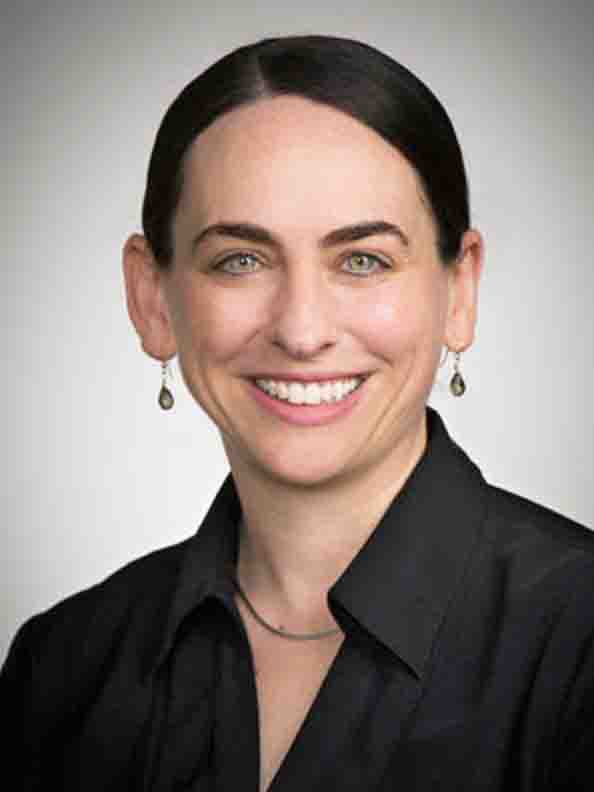
Hadar Goren
Yale astronomy professor Marla Geha is one of 14 professors to receive an award in December 2017 to pursue innovation in science education, as recognition for excellence in research.
The Howard Hughes Medical Institute will award Geha $1 million over the next five years to expand the science portion of the Warrior-Scholar Project. Founded in 2012 by Yale alumni Christopher Howell ’14, Jesse Reising ’11 and Nick Rugoff ’11, the project offers two-week preparatory boot camps to veterans on university campuses to develop the skills and confidence necessary to succeed in college.
The program initially focused on the humanities, as well as reading and writing skills. In 2016, Geha designed a science curriculum for the program and successfully oversaw a pilot course at Yale. Last year, the program was held at four universities: Yale, the Massachusetts Institute of Technology, the University of Arizona and the University of Oklahoma. Geha hopes to expand the science curriculum to universities across the country.
She also plans to use the award to create research internships for Warrior-Scholar Project alumni, which she said will likely increase their chances of gaining admission to graduate school.
Geha said she was drawn to the project when she read a 2012 article in the News about the inaugural session, which enrolled nine students. Despite not having personal connections to the military, she recognized that veterans face similar barriers and challenges to those of civilian students. In particular, women in science often feel that they do not belong and are not as good as other students, Geha said, adding that she thought she could help combat this issue among veterans.
According to Geha, science majors usually spend the first half of college solving problem sets that demand right answers and the second half conducting research in which there are no right answers. Often in such research, it is not even clear what the questions are. To prepare students for both aspects of STEM education, Geha included lectures, sessions and problem sets as well as independent original research in the curriculum.
Jeremy Bradford, assistant STEM Education Program director at the Yale Center for Teaching and Learning and a teaching assistant and curriculum designer for the project, said the curriculum was designed to resemble a real college experience. It even includes the experience of having to Google a problem because the textbook does not describe a concept well.
According to Bradford, the research project was particularly meaningful because it allowed students to gain hands-on scientific experience.
“It’s good that we have a STEM curriculum and not purely the humanities,” said Michael McDonald, assistant professor of physics at the MIT Kavli Institute for Astrophysics and Space Research and an instructor at the camp last year.
McDonald said veterans tend to have a skill set more suited to the sciences and praised Geha and her team for developing a curriculum that is challenging but approachable. The curriculum is currently focused on physics, which McDonald said is appropriate because it is a fundamental science, but students are also exposed to biology and engineering labs and research in other fields.
Sean Byrne, an undergraduate at Central Connecticut State University who participated in the program last year, described the week as hectic and intense, as students went through a 15-hour daily schedule for two consecutive weeks. Many participants, he said, had been looking forward to the science portion of the program.
Byrne credited Geha with tutoring the students and helping them earn admission to undergraduate programs.
“There’s a real transformation that happens during the week,” Geha said. “In the beginning [students are] very formal and respectful. And as that trust builds in both directions, people start to open up and talk about their fears and hopes, and it becomes quite an intense experience.”
Geha said veterans represent an unbelievably talented pool from a diverse set of backgrounds and that she found it rewarding to run an outreach program that targets people who are less likely to attend college.
The Howard Hughes Medical Institute has awarded 69 professors since 2002.
Eui Young Kim | euiyoung.kim@yale.edu







